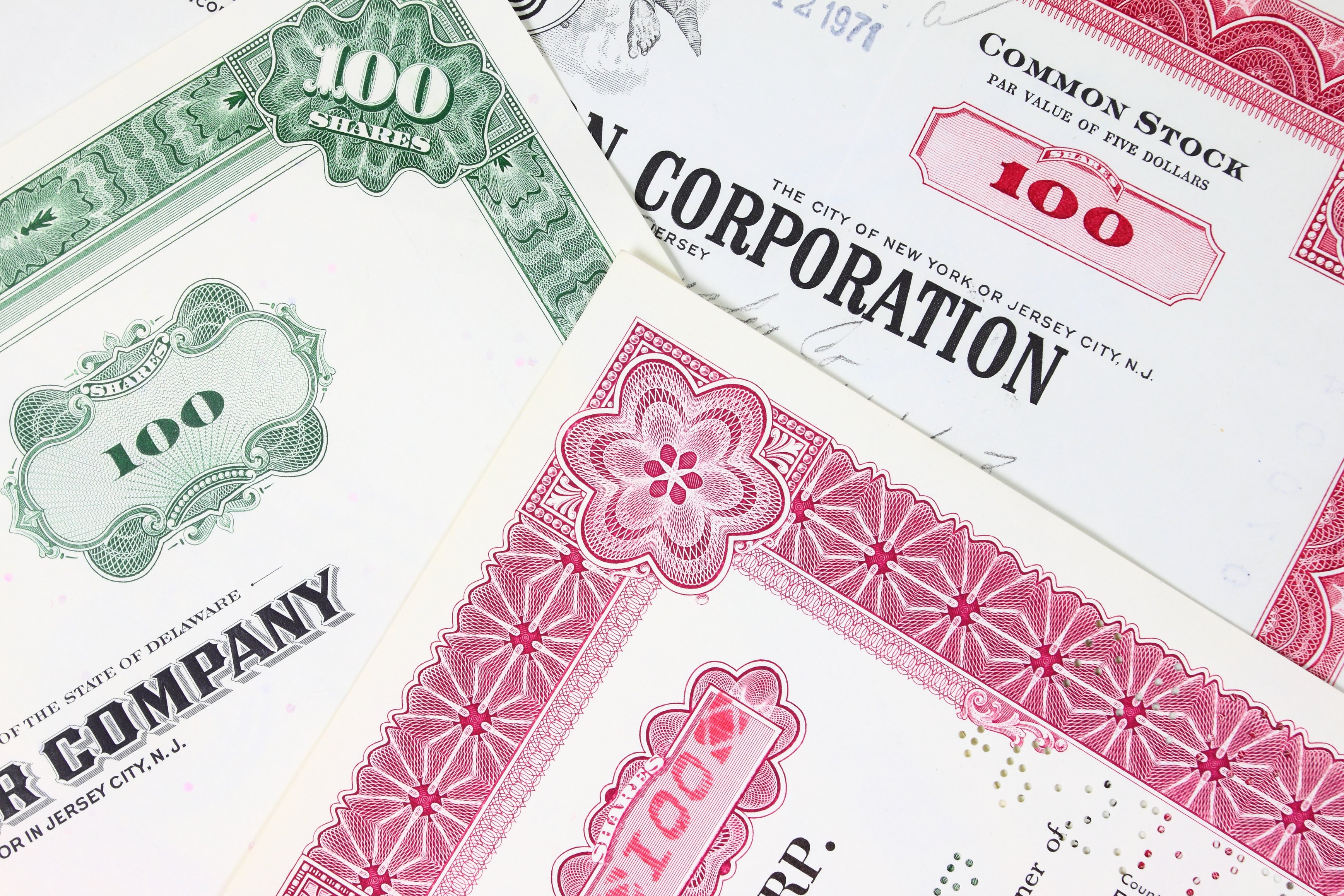Over a year after its first PDUFA date, Eli Lilly (NYSE:LLY) and marketing partner Daiichi Sankyo finally got a Food and Drug Administration approval of their blood thinner, Effient (prasugrel), on Friday afternoon. After that long of a wait, it seems only fitting that there were few investors around to rejoice.
I'll be the first to point out that the Prescription Drug User Fee Act doesn't guarantee drugmakers a decision by a certain time -- the date is merely a goal -- but this kind of extended delay is ridiculous. The FDA originally gave Effient a priority review -- a six-month PDUFA date instead of the standard 10 months -- so at some point, it clearly thought the drug deserved a quick review.
The delay cost the companies plenty of revenue, because the patent clock doesn't stop while the FDA twiddles its thumbs. With its current label, Effient sales won't likely hit $4.9 billion, the amount of rival blood thinner Plavix sold in the U.S. by sanofi-aventis (NYSE:SNY) and Bristol-Myers Squibb (NYSE:BMY) last year, but the delay has probably cost Eli Lilly and Daiichi Sankyo hundreds of millions of dollars in sales.
The worst part of the delay was that Eli Lilly and Daiichi Sankyo likely couldn't prepare properly for a launch without knowing when the decision would come down. It would have been nice for the companies to hit the ground running, since they'll be up against indirect generic competition soon. Plavix is expected to see generic competition in the U.S. in just three years. The least the agency could have done was give the companies a timeframe on the delay, like it did recently with Bristol-Myers and AstraZeneca's (NYSE:AZN) Onglyza, which should allow them to make a solid launch against rival Januvia, sold by Merck (NYSE:MRK).
We're in extraordinary regulatory times. Not every drug is getting delayed, but, now more than ever, investors have to plan for a delay in their valuation models -- especially with cash-strapped drugmakers.
Don't let your portfolio get thinned out; read this Foolishness:
- These sectors are attractive right now.
- It's finally time to buy these stocks.
- 6 dividend stocks you can count on.


